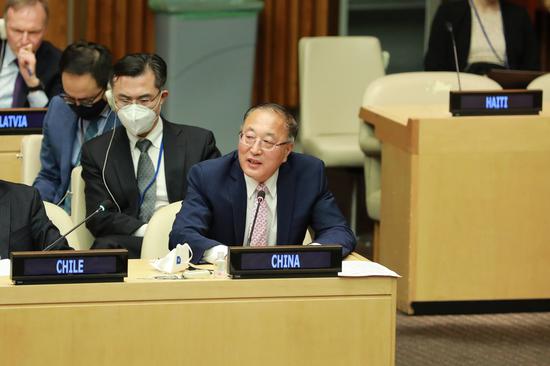
Zhang Jun (front), China's permanent representative to the United Nations, speaks at a high-level roundtable on small states, multilateralism and international law at the UN headquarters in New York, on April 28, 2022.(Xinhua/Xie E)
A Chinese envoy on Thursday urged the international community to work together to stabilize the global food market, ensure diverse food supplies, and ease agricultural trade globally.
"Firstly, we need to strengthen coordination and stabilize the global food market," China's permanent representative to the United Nations, Zhang Jun, told the UN Security Council meeting on conflict and food security.
"To fill the supply gap, the international community needs to work together to seek diversified food supplies, and maintain the smooth operation of agricultural trade internationally," he said, adding that "it is important to bring back to the international market agricultural products and fertilizers from Ukraine, Russia, and Belarus. We welcome the efforts of the UN secretary-general to this end."
Noting that in the globalized era, any slight disruption in the supply chain is quickly transmitted, generating a ripple effect, Zhang said that "weaponizing economic interdependence will only create man-made difficulties, and amplify local risks."
"We call for speedy removal of the restrictions on food production and exports imposed by unilateral sanctions, so as to allow for a steady flow of food production and supply," he said.
Speaking about emergency assistance, Zhang said that since food insecurity situation will get worse, the international community, the developed countries in particular, should increase the provision of emergency food supplies and assistance, and provide timely and targeted help to vulnerable groups such as women and children.
"It is important that international relief agencies are guaranteed of humanitarian access," he noted.
On the restructuring and reform of the global food system, Zhang said that "we need to promote deep transformation and enhance the resilience of the global food system."
"Like many food crises we faced since the 20th century, the current crisis once again brings to light the structural problems of the global food system. The world food supply and demand pattern is characterized by food production highly concentrated in a few countries, while consumer countries are geographically well dispersed. This makes the balance of food supply and demand highly vulnerable to extreme weather conditions, pandemics, armed conflicts, and other emergency and unforeseen factors."
Zhang said that to strengthen the resilience of the global food system to withstand risks, it is important to help developing countries enhance their self-sustaining capacity, increase agriculture and rural inputs, accelerate progress in agricultural science and technology, improve agriculture infrastructure, and expand food availability.
"The three UN agricultural agencies and international financial institutions should leverage their respective strengths, and play an active role in situational analysis, policy advice, and aid coordination, and provide more support to developing countries," he said.
Zhang called on the developed countries to reduce trade and technical barriers, give more help to developing countries in terms of funding, technology, market access, and capacity building, thus playing their due role in building an efficient, open, and fair global food supply system.
Speaking about China, Zhang said that China has always made food provision to its population as a top priority in its national governance.
"With 9 percent of the world's arable land, we feed nearly one fifth of the total global population. We have eliminated absolute poverty that has plagued the country for thousands of years," he noted.
Referring to the political front, Zhang said that the world today is facing multiple crises and there is no greater crisis than the prevalence of hegemony and power politics, which poses serious challenges to international equity and justice.
"In the time full of risks and crises, initiating a new Cold War, provoking bloc confrontation, and seeking decoupling in the economic and technological domain will not solve any problems. On the contrary, this would only bring more trouble to the world," he said. "What the world needs the most is true multilateralism, consistent, exemplary, and responsible actions of major countries, and global cooperation that is equal and inclusive, where we work together, and we share together."










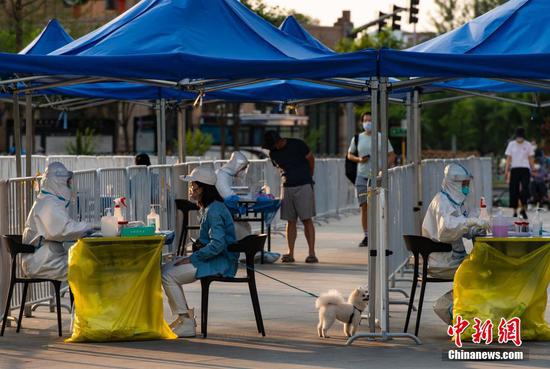
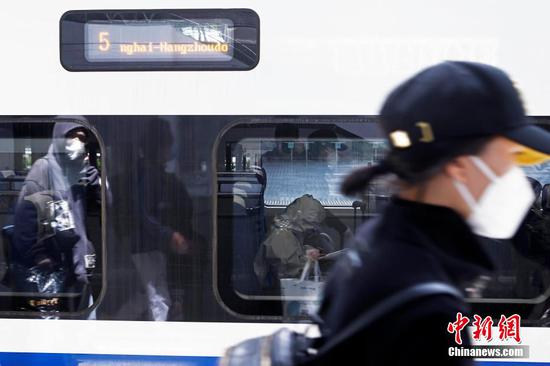
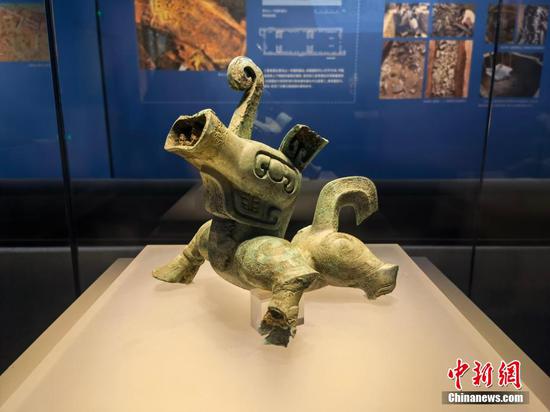
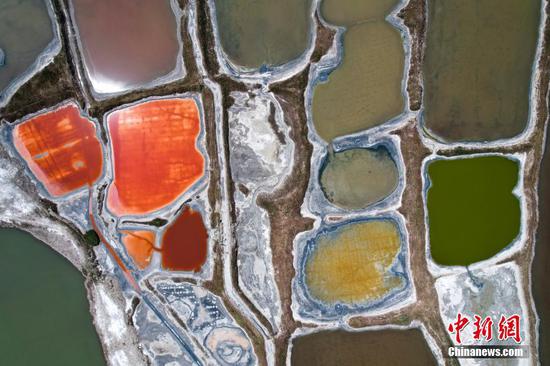



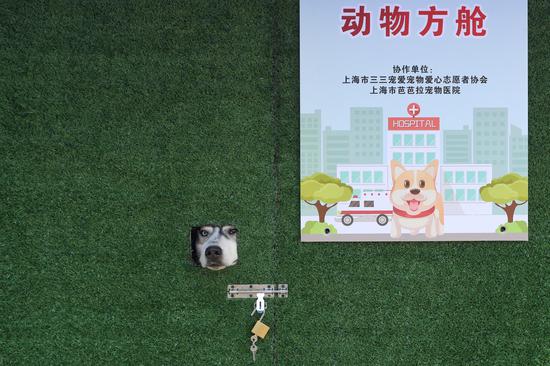




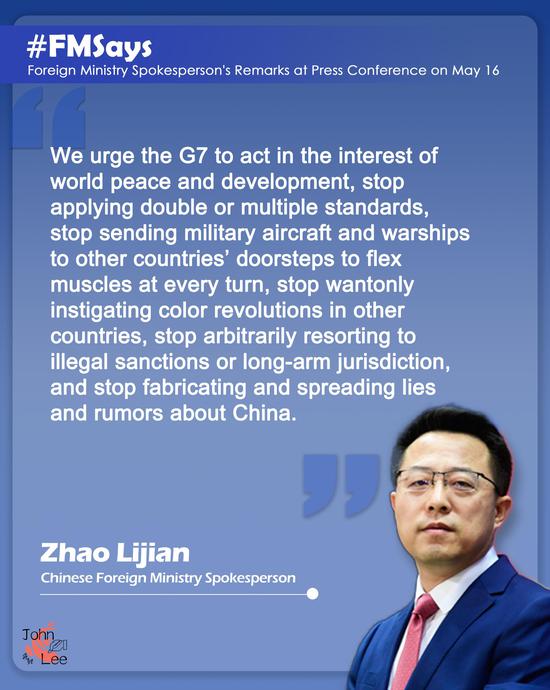
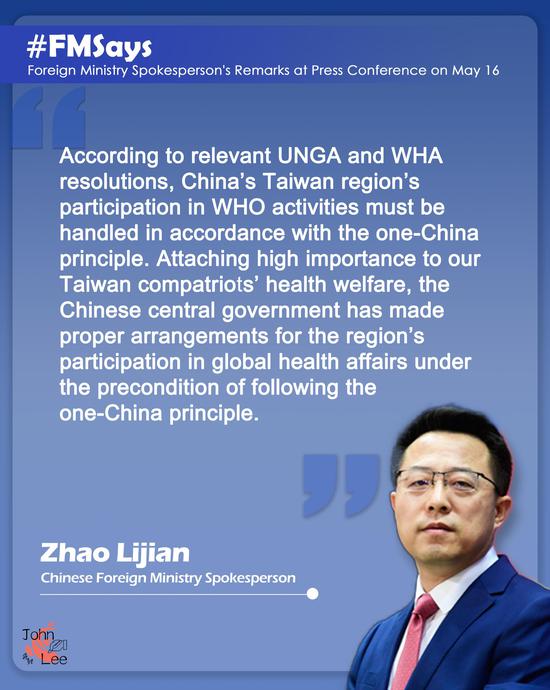

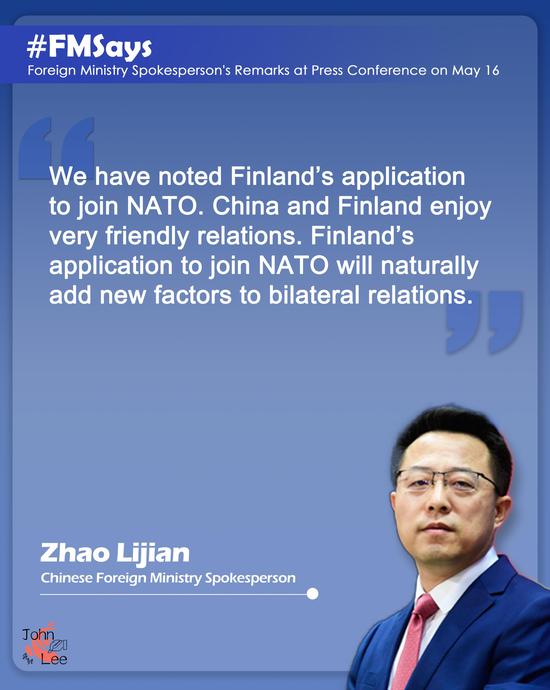


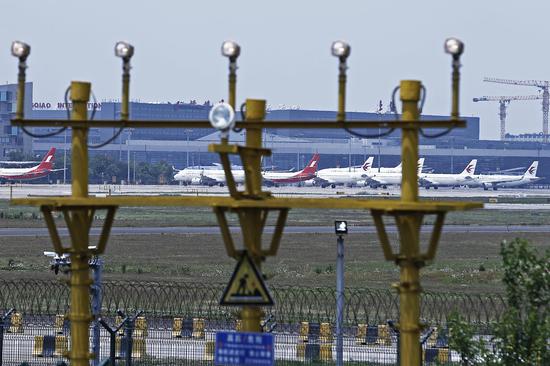


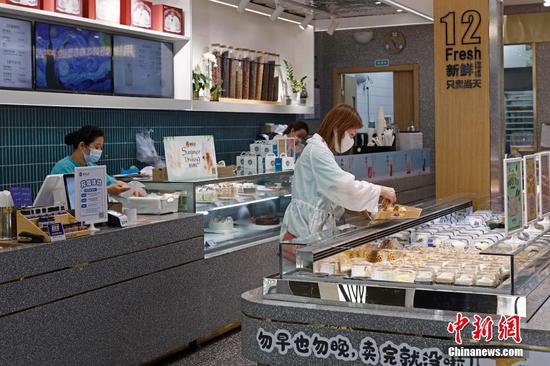


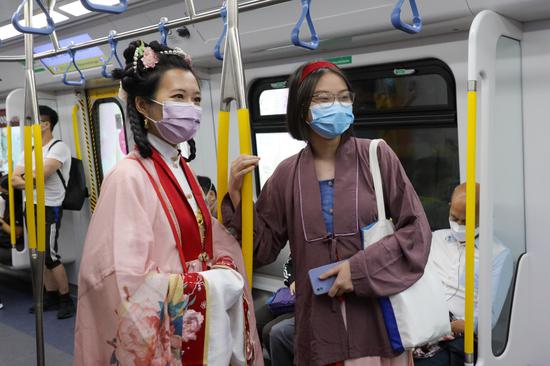

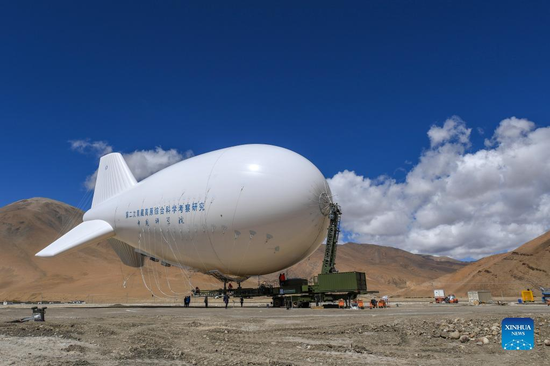
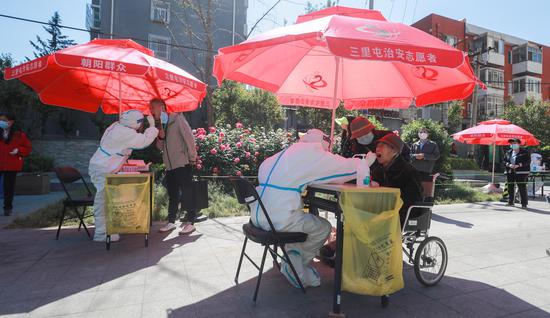
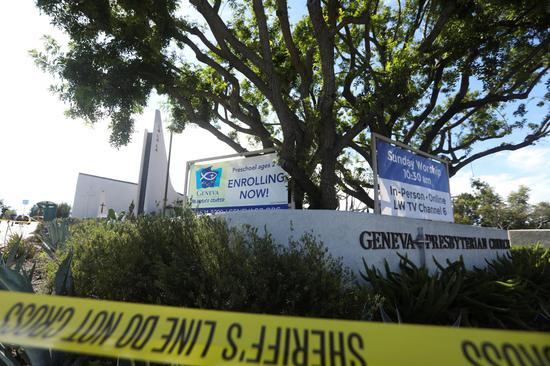
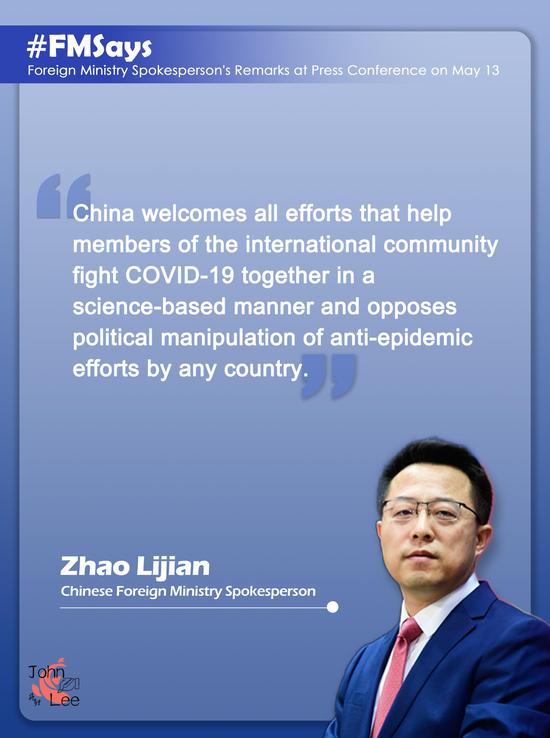
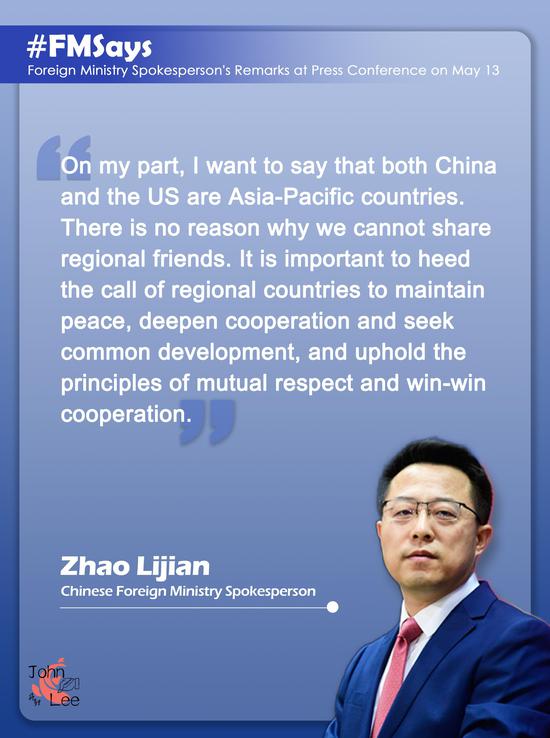

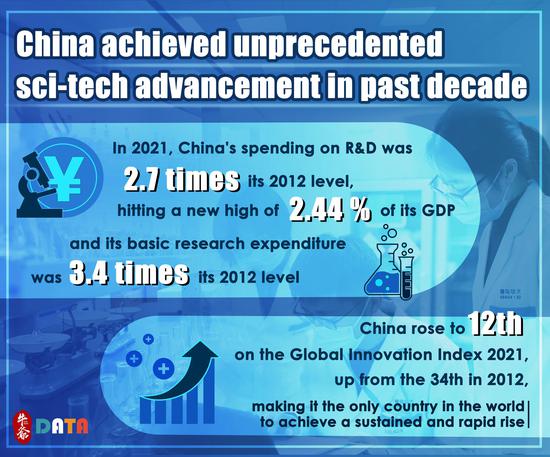
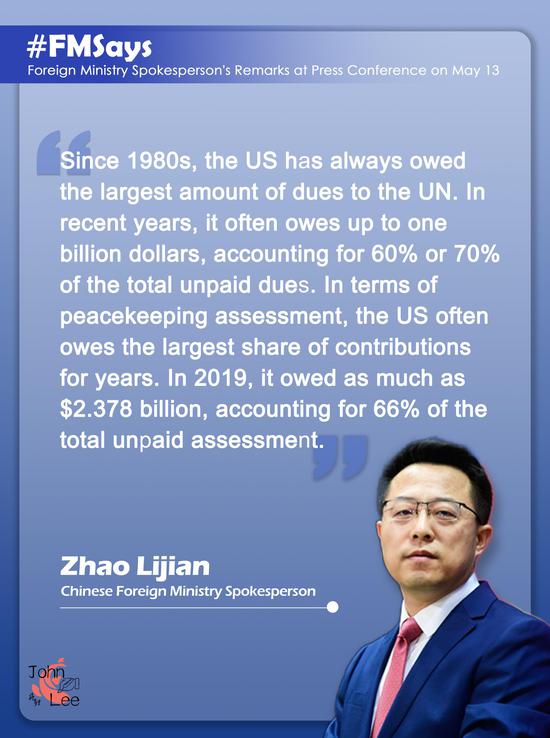
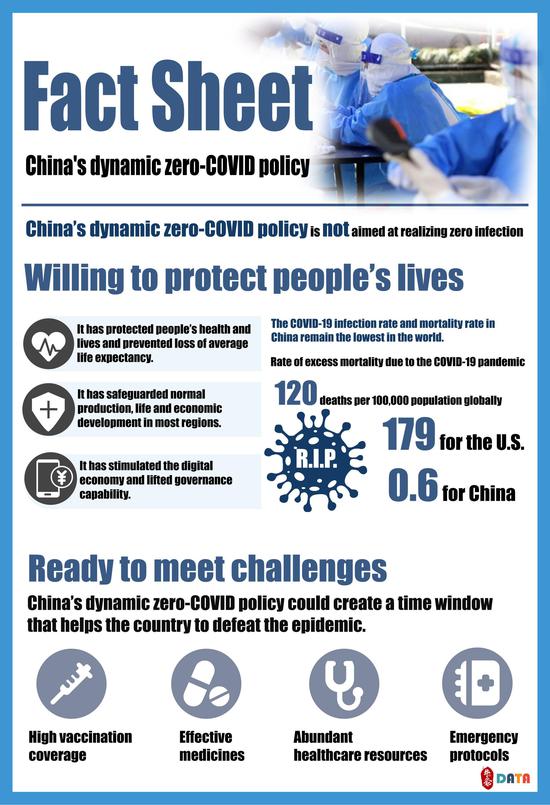





 京公網安備 11010202009201號
京公網安備 11010202009201號